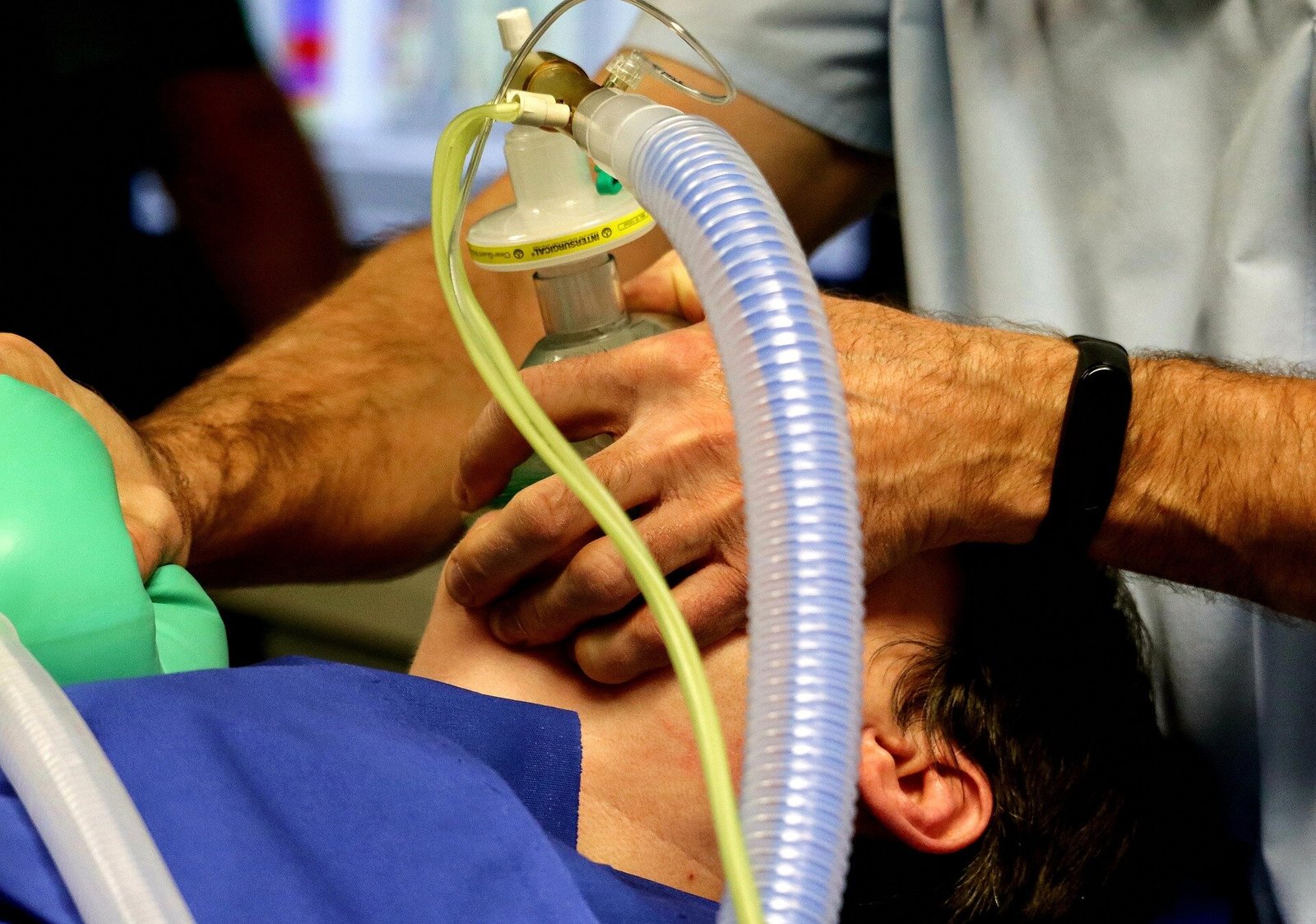Our gut is home to trillions of bacteria, collectively known as the gut microbiota. These bacteria play a crucial role in various aspects of our health, including digestion, nutrient absorption, immune function, and even mental well-being. When the balance of these bacteria is disrupted, it can lead to digestive issues, inflammation, and other health problems.
Benefits of the Reverse Health Diet
By following the reverse health diet, you can support the growth of beneficial bacteria in your gut, which can have several benefits for your overall health:
- Improved Digestion: The fiber-rich foods included in the reverse health diet can help regulate bowel movements and promote healthy digestion.
- Enhanced Nutrient Absorption: A healthy gut microbiota can improve the absorption of nutrients from the foods you eat, ensuring that your body gets the most out of your diet.
- Boosted Immune System: The gut microbiota plays a vital role in supporting a healthy immune system. By promoting a diverse and balanced gut microbiota, the reverse health diet can help strengthen your immune response.
- Reduced Inflammation: Chronic inflammation has been linked to various health conditions, including heart disease, diabetes, and autoimmune disorders. The reverse health diet, with its focus on whole foods and anti-inflammatory ingredients, can help reduce inflammation in the body.
- Improved Mental Well-being: Emerging research suggests a strong connection between gut health and mental health. By supporting a healthy gut microbiota, the reverse health diet may contribute to improved mood and cognitive function.
What to Eat on the Reverse Health Diet
The reverse health diet emphasizes whole, unprocessed foods that are beneficial for gut health. Here are some key components of the diet:

- Fiber-rich Foods: Include plenty of fruits, vegetables, whole grains, legumes, and nuts in your diet to increase your fiber intake.
- Prebiotic Foods: Prebiotics are non-digestible fibers that nourish the beneficial bacteria in your gut. Examples include garlic, onions, leeks, asparagus, and bananas.
- Probiotic Foods: Probiotics are live bacteria that provide health benefits when consumed. Incorporate fermented foods like yogurt, sauerkraut, kimchi, and kefir into your diet.
- Healthy Fats: Include sources of healthy fats, such as avocados, olive oil, nuts, and seeds.
- Lean Proteins: Opt for lean sources of protein like poultry, fish, legumes, and tofu.
What to Avoid on the Reverse Health Diet
While following the reverse health diet, it is advisable to limit or avoid certain foods that can negatively impact gut health:
- Processed Foods: These often contain additives, preservatives, and unhealthy fats that can disrupt the balance of gut bacteria.
- Sugar: Excessive sugar consumption can promote the growth of harmful bacteria in the gut.
- Artificial Sweeteners: Some artificial sweeteners have been linked to negative effects on gut health. It is best to avoid them.
- Refined Grains: Instead of refined grains like white bread and pasta, choose whole grains that are rich in fiber.
- Processed Meats: These often contain additives and preservatives that can be harmful to gut health. Opt for lean, unprocessed meats instead.
Conclusion
The reverse health diet, or gut health diet plan, is a dietary approach focused on improving gut health by promoting the growth of beneficial bacteria in the gut. By following this diet, you can support optimal digestion, enhance nutrient absorption, boost your immune system, reduce inflammation, and improve your overall well-being. Remember to incorporate fiber-rich foods, prebiotics, probiotics, healthy fats, and lean proteins while avoiding processed foods, sugar, artificial additives, and refined grains. Consult with a healthcare professional or registered dietitian before making any significant changes to your diet.
Published by May Healthy Lifestyle










